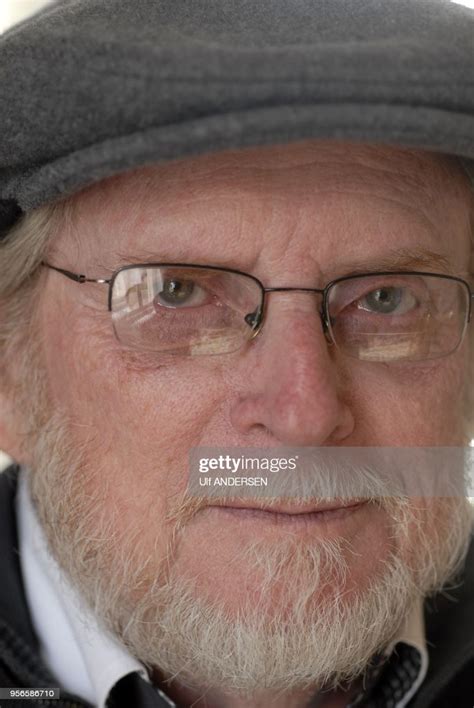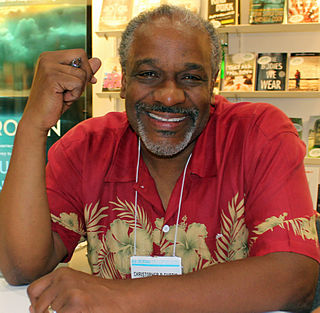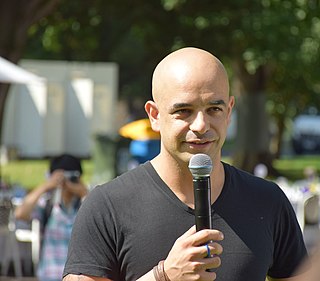A Quote by Nancy Kress
The truth is, you have about three paragraphs in a short story, three pages in a novel, to capture that editor's attention enough for her to finish your story.
Related Quotes
A form wherein we can enjoy simultaneously what is best in both the novel and the short story form. My plan was to create a book that affords readers some of the novel's long-form pleasures but that also contains the short story's ability to capture what is so difficult about being human - the brevity of our moments, their cruel irrevocability.
It's great to create a story and then to submit it to your editor and see what her reaction is to it. It's great to have your editor tell what her suggestions and ideas for the story are. It's great to explain to your editor why her ideas and suggestions are bizarre and to ask her why is she trying to ruin my story.
One easy mistake to make with the first novel is to expand the short story. Some things are better as a story; you cannot dilute things into a novel. I think the first hundred pages of a novel are very important. That's where you set things up: the world, the characters. Once you've set that up, it'll be much easier.





































